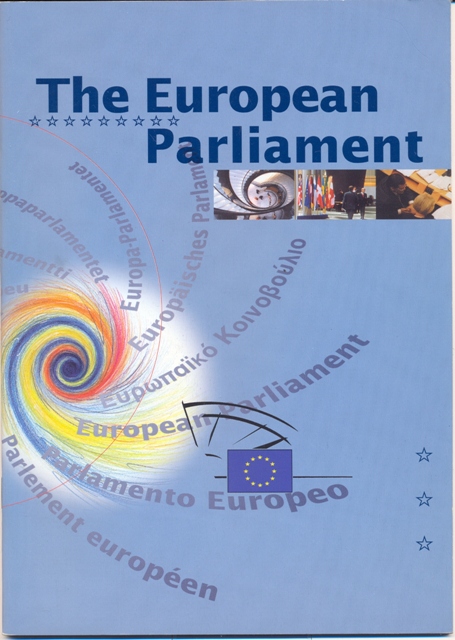European Parliament
Notes about European Parliament (2009)
Since the defeat of the EU Constitutional Treaty in 2005, the European Union and its main institutions have no 'moral' legitimacy. The failure of the Lisbon Treaty intensifies merely that doubt in EU institutions. There is no alternative to a bottom-up democratic process by which every citizen can create through debate a thorough understanding of how institutes can be made to work for Europe. That requires political horizon and accountability and not sole reliance upon a political elite or appointed representatives by member states to safeguard their interests in Brussels.
At risk is an abuse of the European Parliament and in general of European posts in Brussels by recycling there politicans which have fallen into disgrace at local and national level, or else they return from there convinced that real politics is played out at national level.
The relationship between European Parliament and European Commission has also been tense but now that expansion has brought together 27 member states, challenges to governance are mounting due to the global financial and economic crisis. However, this crisis should not be used to mask other opportunistic moves to exploit a situation no longer comprehendable to ordinary citizens. No one can really understand what happens to the money economy once it has the dimension of not only billions but trillions of either Euros or Dollars. It means that the constituents for the European Parliament have to change. They should not be an automatic privilege of Parties deliberating their respective lists of candidates. Political franchise and direct accountability for what is being decided in Brussels (and Strasbourg) has to be translated into a political ethics linked to the cultural economy in the making.
Right now the key priority remains to achieve an understandable text for all as basis for a future European constitution. Here the European Parliament has a direct role to play in terms of what Europe needs and how it can be perceived out of perspectives evolving out of European cultural diversity.
Sunday 7 June 2009 when EU Election results were announced and no one showed up safe the television and radio crews on Place Luxembourg in front of the European Parliament Building
« European Council | Media and the European Parliament by Hatto Fischer »


